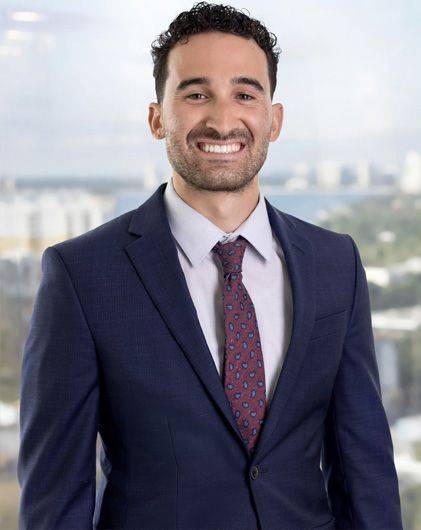NCAA Permits Certain Junior and Pro Hockey Players to Maintain Their Eligibility
The National Collegiate Athletic Association (NCAA) Division I Council has approved a proposal effective August 1, 2025, to allow certain junior and professional ice hockey players to maintain their NCAA eligibility. Historically, men’s ice hockey players have been considered ineligible to compete in NCAA Division 1 hockey if they ever played professionally, regardless of whether they received any compensation.
Under the current NCAA amateurism bylaws, professional athletes remain NCAA eligible so long as they were not paid more than actual and necessary expenses. But there is an exception to the rule; regardless of pay, men’s ice hockey players are automatically ineligible for NCAA competition if they ever competed on a professional hockey team. “Major Junior” hockey is considered professional by the NCAA, which includes the three leagues within the Canadian Hockey League (CHL): the Western Hockey League, the Ontario Hockey League, and the Quebec Major Junior Hockey League. Therefore, anyone who plays “Major Junior” hockey in the CHL is deemed ineligible to play NCAA Division 1 hockey.
The NCAA Division 1 Council’s approved proposal changes this. As of August 1, 2025, professional hockey players maintain their NCAA eligibility, provided they have not been compensated beyond "actual and necessary expenses." This means the professional players cannot receive a salary, but can receive stipends covering meals, lodging, apparel and equipment, coaching and instruction, health and medical insurance, transportation, medical treatment and physical therapy, facility usage, entry fees, and other reasonable expenses, per NCAA Bylaw 12.02.4(a).
This is a major NCAA policy shift resulting from ongoing antitrust litigation that accuses the NCAA of unfairly barring certain athletes from competing. The case is a proposed class action in the U.S. District Court for the District of Western New York, entitled Rylan Masterson et al. v. National Collegiate Athletic Association et al., case number 1:24-cv-00754.
In August, the proposed class action was filed. It accused the NCAA of trying to control the youth hockey market by barring CHL players from playing Division 1 hockey. According to the complaint, most National Hockey League (NHL) players come from either the NCAA or the CHL, and the NCAA employs the aforementioned eligibility restriction to win its competition with the CHL for players.
The proposed class representative, Rylan Masterson, is a 19-year-old ice hockey player who joined the CHL as an undrafted free agent and proceeded to play in two preseason games. Masterson claims he has been deprived of the opportunity to compete at the NCAA level due to his participation in these two CHL preseason games. According to Masterson’s complaint, CHL players do not receive a salary; instead, they receive a stipend of no more than $600 per month. Nonetheless, under the NCAA rules currently in effect, every CHL player is deemed ineligible for NCAA competition due to this stipend.
On November 1, the parties to the litigation filed a joint status report indicating they were still working on resolving the issues related to NCAA eligibility. The report included that the NCAA Division I Council was “scheduled to take actions on those issues at its meetings on November 7 and 8." It was in those meetings that the NCAA elected to allow men’s ice hockey players who received compensation in the form of "actual and necessary expenses," to remain eligible for NCAA competition.
This change impacts all teenage hockey players who are considering playing college hockey. The CHL, the primary Major Junior league, allows players aged 16 to 20 to compete. And now, rather than choosing between the CHL and the NCAA (the top two paths to the NHL) at the age of 16, players can choose the CHL and still have the option to compete in the NCAA afterwards.
With this change, players in junior and professional hockey leagues need to ensure they are receiving a stipend rather than a salary, and the stipend must only account for actual and necessary expenses related to playing for the team. If a player does this, they can play juniors or professionally and still retain their NCAA Division 1 eligibility. Phelps will continue to monitor eligibility rules in NCAA sports.
Please contact Steven Blank or any member of the Phelps Litigation or Media, Sports and Entertainment teams if you have questions or need advice or guidance.


